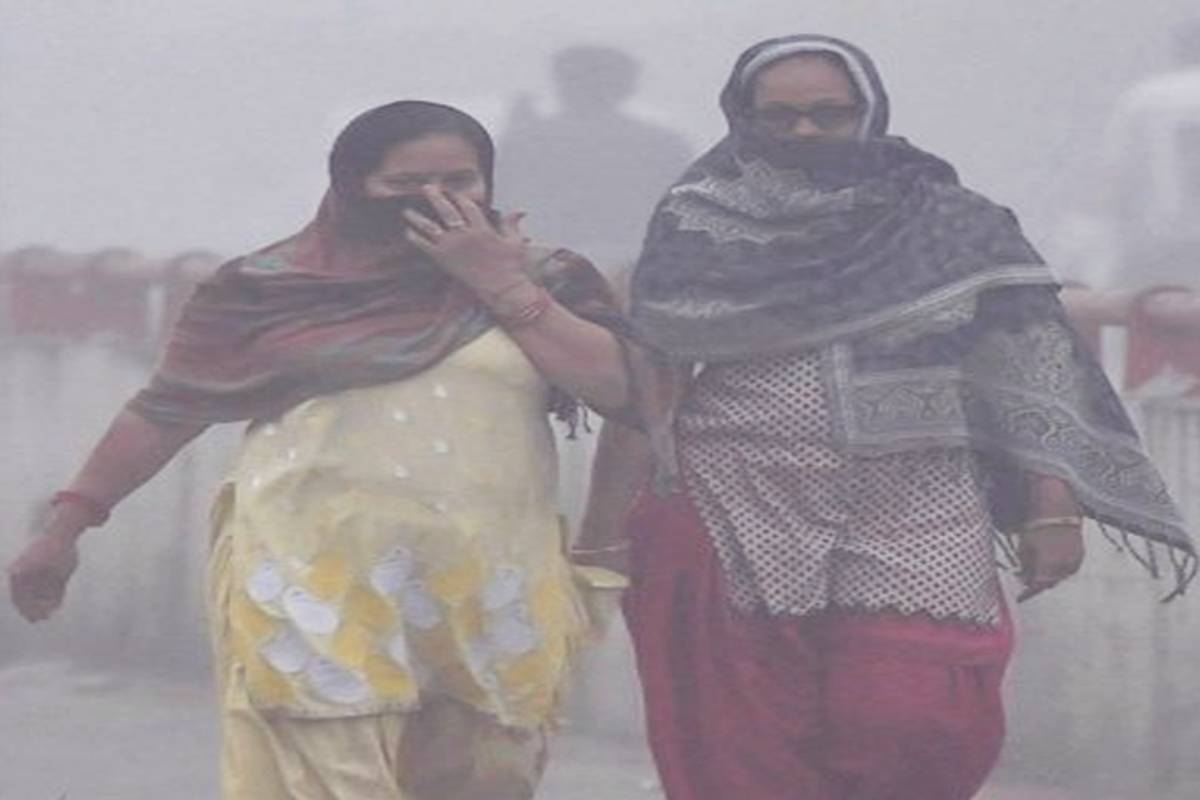In a recent assessment of the global burden of disease (GBD 2021), approximately 2.1 million premature deaths and 60 million disability-adjusted life years (DALYs) were found to be attributable to air pollution in India.
Besides ,air pollution ranks among the leading risk factors contributing to the disease burden in most South East Asian countries and India is no exception.
These were some of the thoughts shared by Prof Kalpana Balakrishnan, Dean (Research) and Director, World Health Organization Collaborating Center for Occupational and Environmental Health, ICMR Centre for Advanced Research on Air Quality, Climate and Health.
Delivering the Key Note Address at the inaugural function of the four-day International Toxicology Convention on “Emerging Approaches in Risk Analysis and Translational Aspects of Health and Environment (EARTH 2024)” at CSIR–Indian Institute of Toxicology Research (CSIR – IITR) here on Wednesday, she said that there is now an increasing body of evidence to indict air pollution as a leading risk factor for ill health including high blood pressure, child and maternal malnutrition.
Earlier in the programme, Guest of Honour, Dr Debabrata Kanungo, Former Additional Director General, Ministry of Health & Family Welfare, Govt..of India released the ASTRA Welcome Kit to mark the creation of the Association of Toxicologists and Risk Assessors.
This was followed by the presentation of the Honorary Fellowship of ASTRA to Dr Debabrata Kanungo and Professor Samuel Godefroy from the Department of Food Science, Laval University, Québec, Canada. by Dr Bhaskar Narayan, Director CSIR – IITR and President ASTRA.
Prof VK Singh, Chairman CSIR–Recruitment and Assessment Board and Guest of Honour for convention released the abstract book of EARTH 2024.
In his remarks he highlighted the fact that while traditional risk assessments often focused on single risk factors, the current strategy is to develop a more holistic, systems-based approach that accounts for multiple environmental and health risk factors.
Chief Guest, Dr. Ashok K Mittal, Honourable Member of Parliament – Rajya Sabha and Chancellor of Lovely Professional University, Punjab exhorted the scientific community to develop newer models that integrate climate projections into health risk assessments to understand the future implications of environmental changes in a sustainable manner. He also released the EARTH-2024 Souvenir & declared the conference open.
Delivering his Presidential Remarks, Dr Bhaskar Narayan, Director CSIR–IITR emphasized that in its Diamond Jubilee Year, the Institute is committed to integrating social, economic, and ecological factors and ensuring a “One Health” approach that recognizes the interconnectedness of human and environmental health.
The four-day convention intends to highlight the current knowledge and future perspectives on the selected themes involving different stakeholders.
This scientific convention will bring together scientists and researchers from diverse disciplines working across the globe to understand the toxicology/risks of emerging contaminants and their implications for human health and a safe environment, he said.
Moreover, the convention will provide scientists and young researchers a platform to showcase and discuss their novel and recent findings in toxicology, risk assessment, and human and environmental health.












